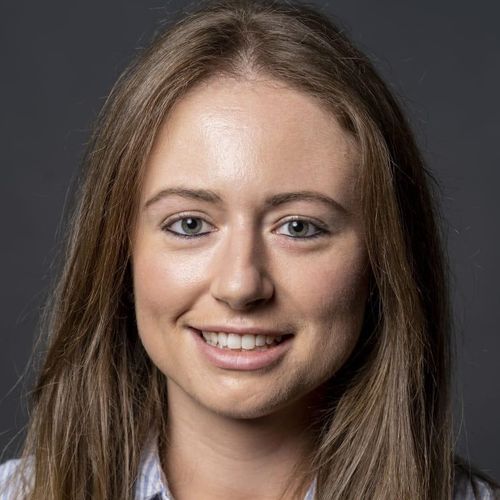About This Webinar
The ability to image tumors at depth with high selectivity and specificity remains a significant challenge in the field of biomedical optical imaging. Owing to their unique fingerprint-like spectra, surface-enhanced Raman scattering (SERS) nanoparticles can be employed as image contrast agents and - when functionalized with biomolecules such as antibodies - can specifically target cells in vivo. However, while the detection of SERS contrast agents is extremely sensitive and specific, traditional Raman imaging approaches are limited in their ability to probe through tissue depths of more than a few millimeters.
Fay Nicolson explores recent work that combines the use of spatially offset Raman spectroscopy (SORS) with that of SERS in a technique known as surface-enhanced spatially offset Raman spectroscopy (SESORS) to image deep-seated tumors in vivo. She covers the optimization of SORS instrumentation and sampling methods, as well as the subsequent application of SESORS to preclinical cancer imaging. This work demonstrates that Nicolson and her team's approach enables improved detection of deep-seated tumors in vivo through depths of several millimeters due to improvements in SNR, spectral resolution, and depth acquisition. In comparison to traditional Raman imaging, SESORS offers superior depth penetration at more clinically relevant depths, while still maintaining microscopic precision and specificity in a noninvasive manner.
***This presentation premiered during the 2021
BioPhotonics Conference. For more information on Photonics Media conferences, visit
events.photonics.com.
About the presenter:

Fay Nicolson, Ph.D., received a doctorate in chemistry from the University of Strathclyde in Glasgow in 2018. She then joined the Department of Radiology at Memorial Sloan Kettering Cancer Center in New York as a postdoctoral research scholar. In August of 2019, she relocated to Boston, where she is currently a postdoctoral research fellow in the departments of imaging and cancer biology at the Dana-Farber Cancer Institute (DFCI) and Harvard Medical School. Fay's research interests lie in the fields of optical imaging and cancer theranostics, including the application of SESORS for the noninvasive imaging of cancer. Her work in this area has been recognized through numerous awards and fellowships, including the Metrohm USA Young Chemist Award 2020 (runner-up), the SelectScience Scientists' Choice Award for Life Sciences Video Interview of the Year, and a DFCI Trustee Science Committee Postdoctoral Fellowship. In addition to her research, she is founding chair of the Society for Applied Spectroscopy (SAS) Early Career Interest Group and sits on the committees of the Early Professionals in Molecular Imaging and the Woman in Molecular Imaging Network of the World Molecular Imaging Society (WMIS).